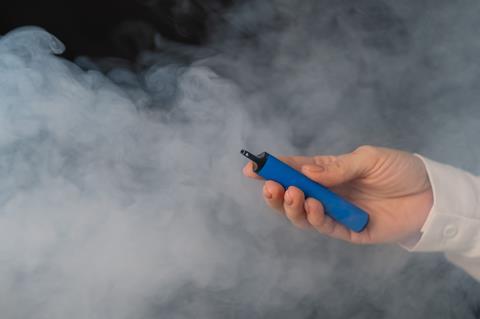
The Independent British Vape Trade Association (IBVTA) has questioned research carried out by British American Tobacco (BAT), reported by our sister title The Grocer, suggesting that multiple disposable vape brands have been found to contain above the regulation maximum nicotine liquid.
According to the BAT research, several disposable vape brands were found to be non-compliant with UK legislation, prompting UK managing director Fredrik Svensson to call on retailers and wholesalers to check their stock and “urgently review the supply of any products you stock, particularly those which our testing demonstrates do not comply with the Tobacco and Related Products Regulations”.
In February, disposable vape brand Elf Bar was found to contain tank capacities that were more than 50% larger than the legal limit for the UK market, leading to the removal from some retailers.
In a statement, the IBVTA queried the purpose of the research. “The IBVTA is becoming increasingly concerned that the tobacco industry and its affiliates are using this minority non-compliance to build a narrative that the independent vape industry cannot be trusted. Furthermore, we are concerned about the way this is being done; at times using incorrect terminology for enforcement actions, overstating the risks associated with over-filled products, and misrepresenting the remits of regulators, enforcement agencies and industry players.”
The statement went on to express concern over the impact of the BAT research amongst consumers.
“Their [BAT’s] point of contention is on a technicality of non-compliance, which means they have a marginally longer life in use. The issue raised is not on product safety grounds, nor on any grounds of consumer confidence, as BAT have suggested. More specifically, it is important to recognise that any unintended consequence of BAT’s actions, and the associated media reporting could well lead to a lack of confidence from retailers and consumers in the vaping category. This could result in movement back to a product that is unquestionably responsible for tens of thousands of fatalities every year.
“Any claim that BAT have made about commitment to reduced harm should now be questioned. Their request for the de-listing of products to meet the aim of compliance could risks vapers returning to smoking. No matter how small that proportion, BAT are directly requesting action that can and will cause tobacco harm.”
The IBVTA did acknowledge that there are several non-compliance issues in the vape category that need to be addressed.
“The responsibility of producers to adhere to the regulations in the strictest fashion is imperative. Retailers must also ensure that they only stock notified products, safe in the assumption that the manufacturer is delivering a product which meets the necessary regulatory requirements. Whilst many distributors are now implementing their own due diligence checks, which will add a further level of scrutiny, it remains the primary responsibility of the notifier/producer to ensure they strictly adhere to the regulations.
“Unfortunately, as we have learned recently, there are manufacturers with notified products who are alleged, or indeed who have been found, to flout these rules. There are also importers who have taken those producers at their word and therefore did not conduct any further product due diligence. This reflects badly on vaping, even if the non-compliance in question is technical, rather than being of any immediate consumer safety risk.”





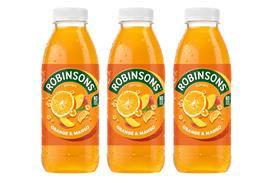



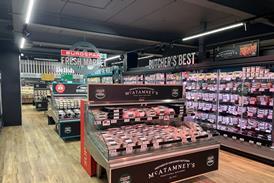

![WG-4003[58]](https://d2dyh47stel7w4.cloudfront.net/Pictures/274x183/4/5/1/353451_wg400358_6083.jpg)




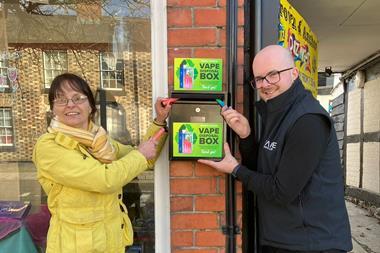
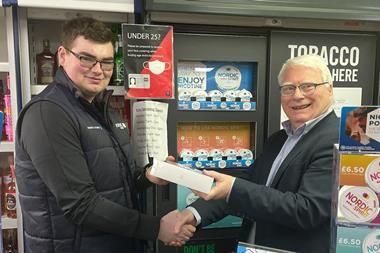
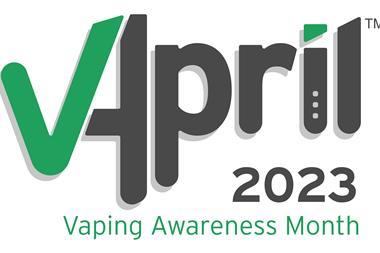
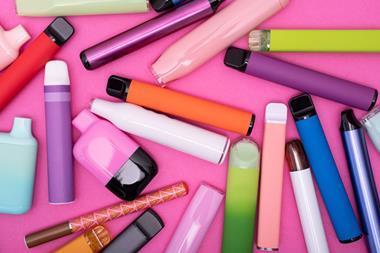
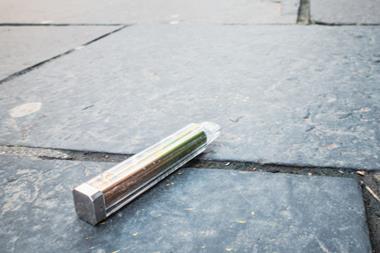
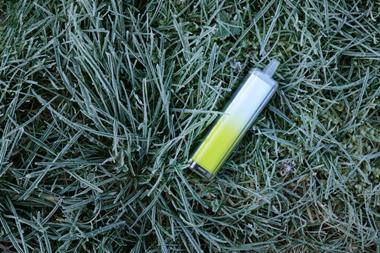
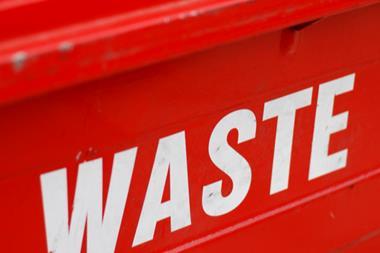
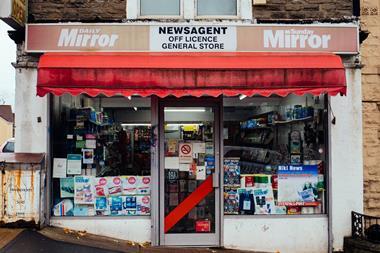
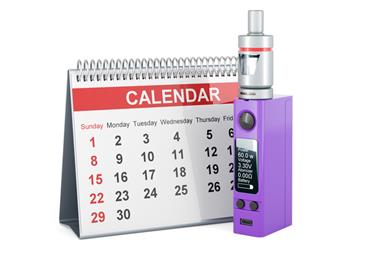



No comments yet